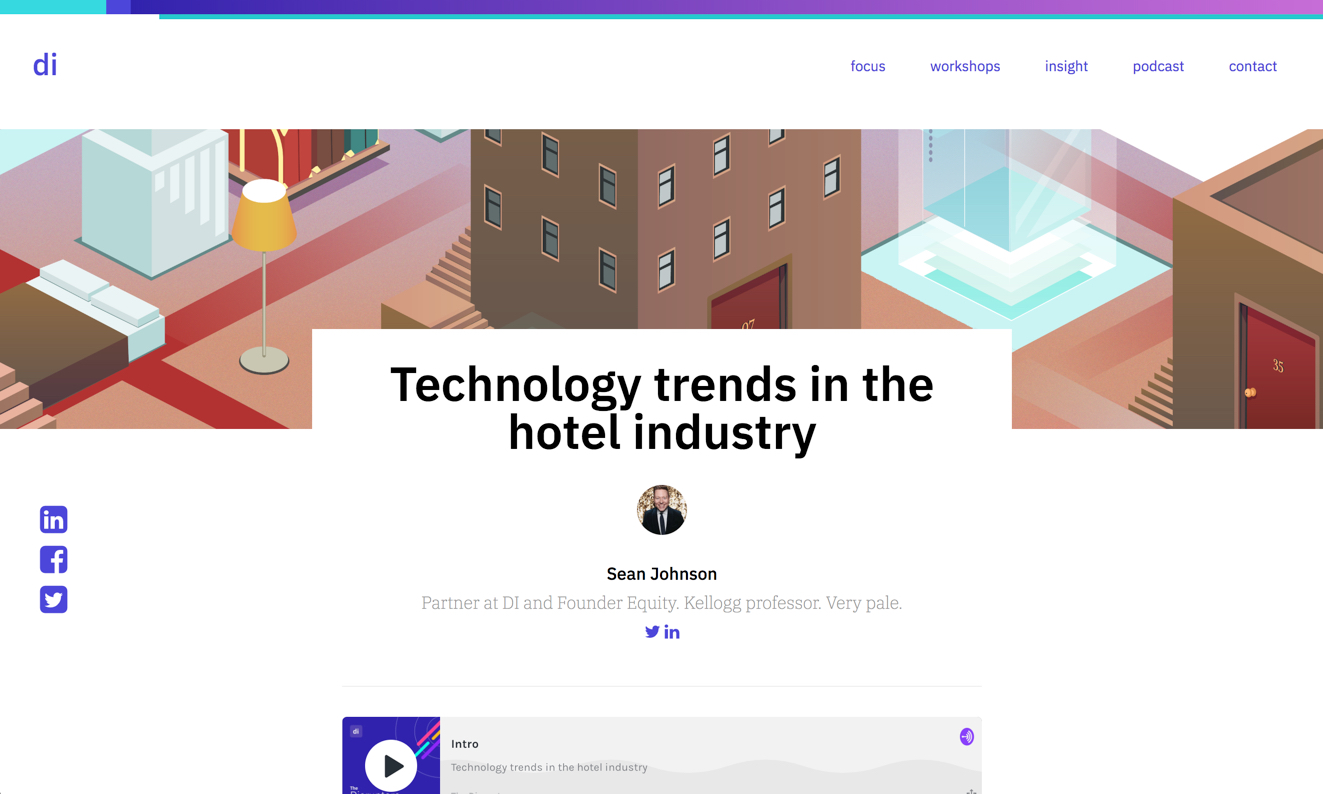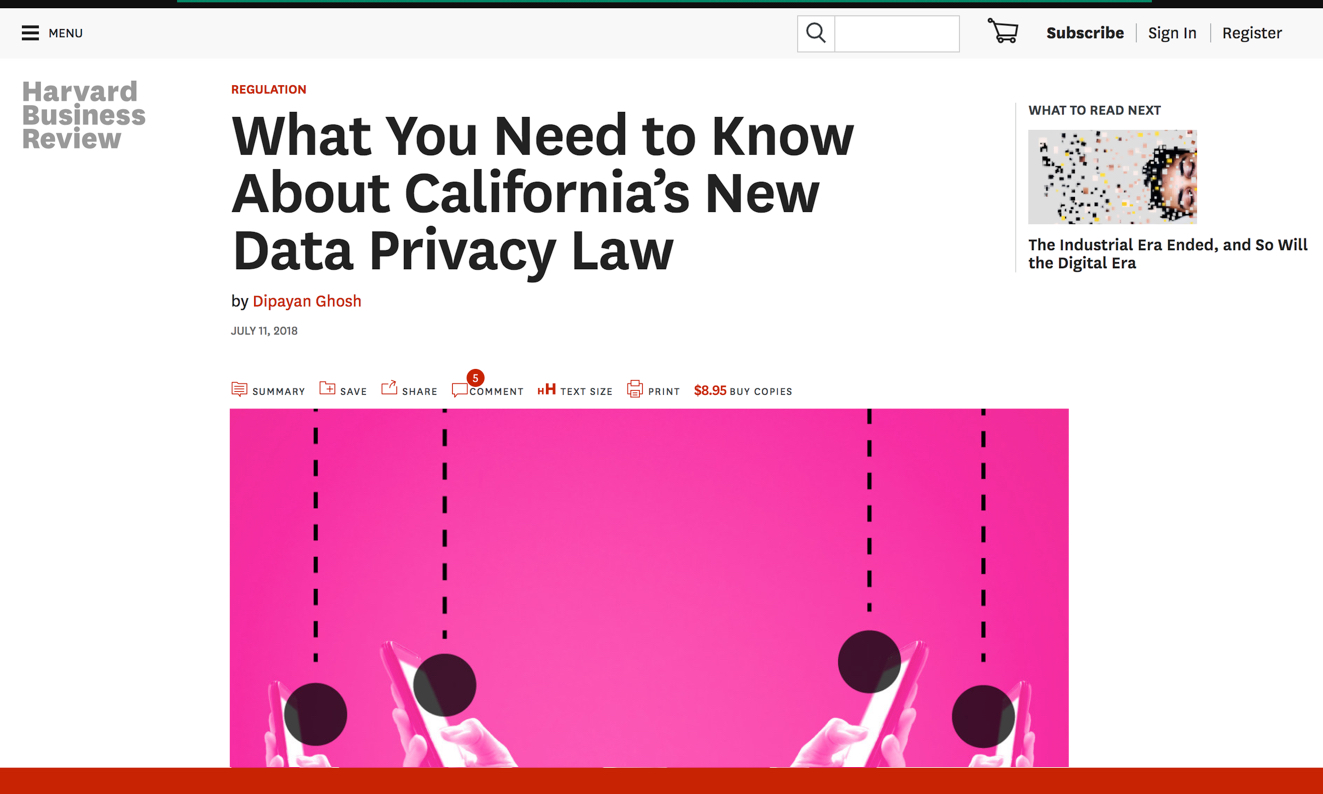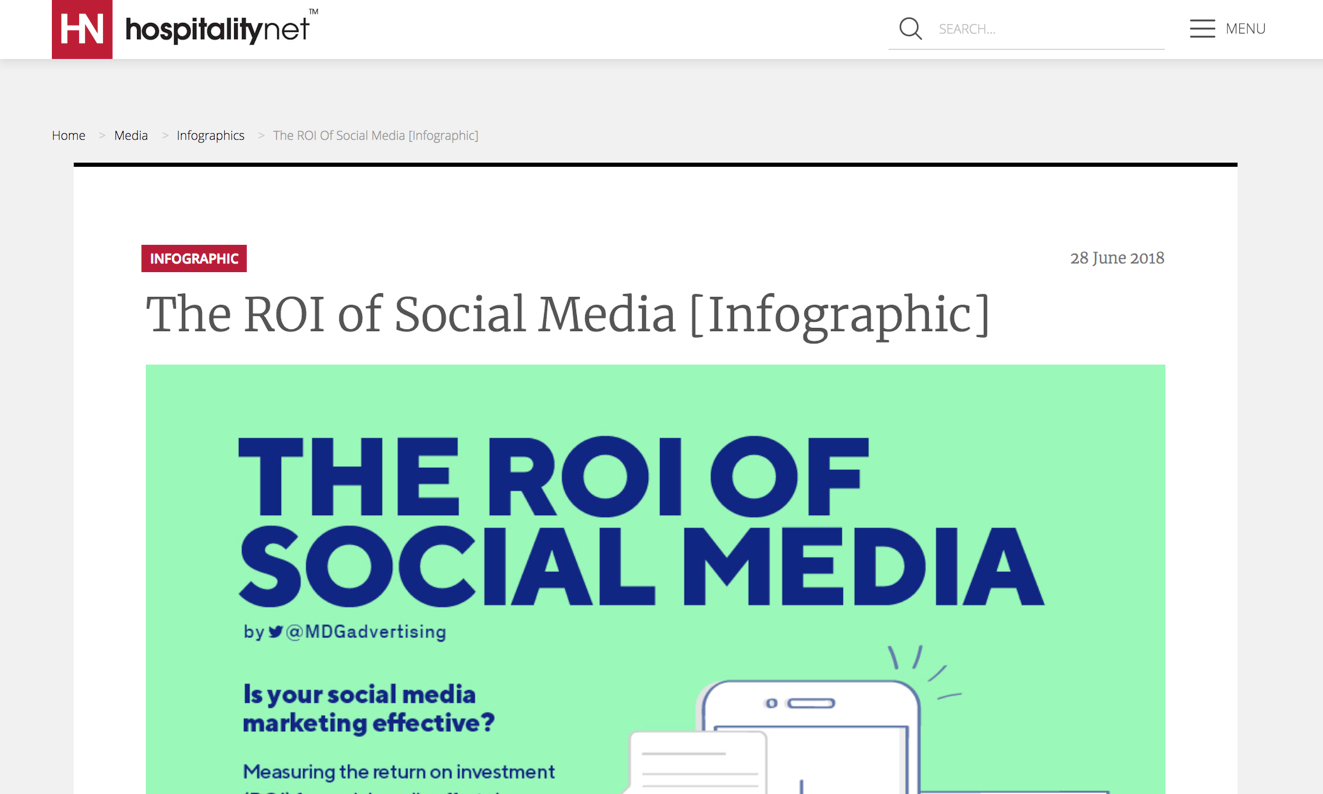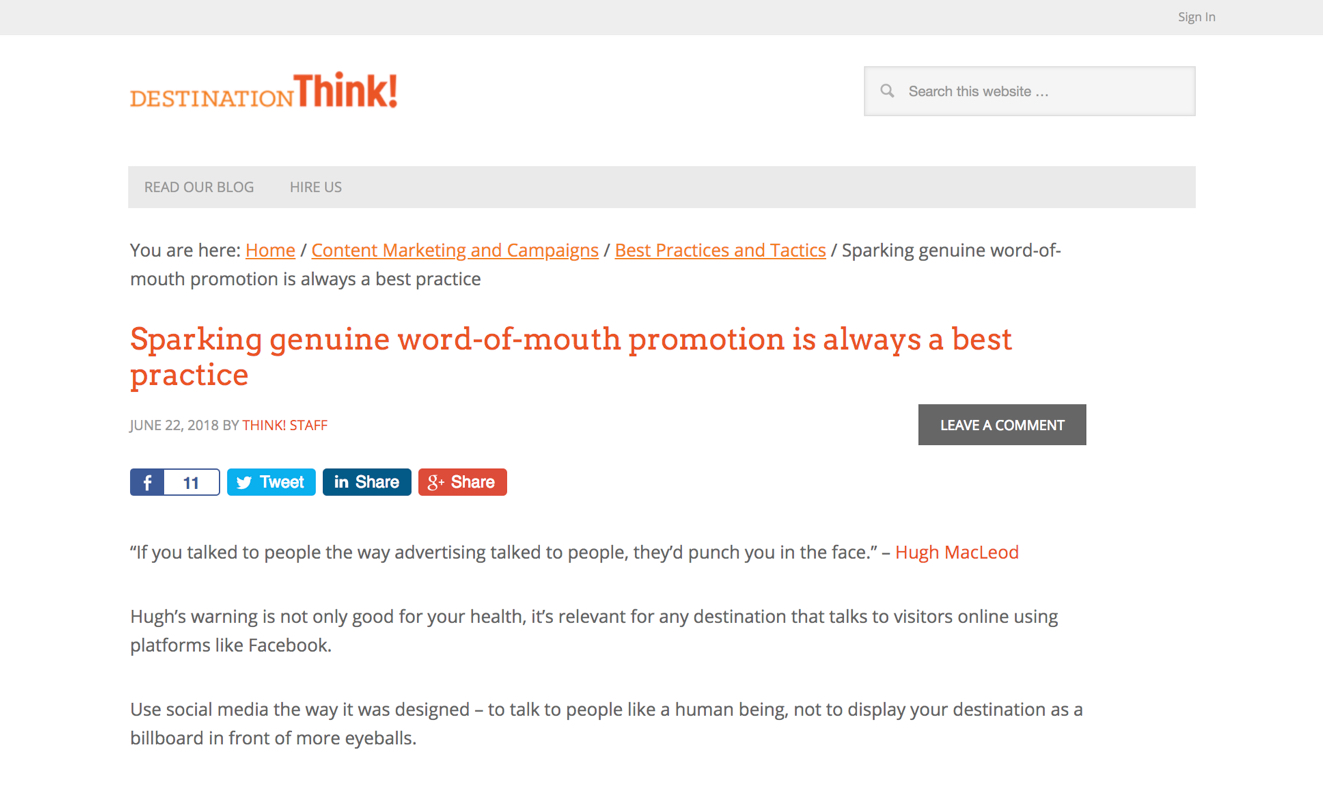If you’re at all tuned into news circling the vacation rental industry, it was hard to miss HomeAway’s announcement on new 2018 fees making waves last week. We first came across it in Amy Hinote’s latest piece on VRM Intel.
The tldr:
- HomeAway will increase subscription fees 25% (from $399 to $499 per listing)
- In addition to this increase, for direct bookings from guests who previously used HomeAway in their travel research, they’ll charge a 10% transactional fee
In other words, for direct bookings made where HomeAway can attribute similar searches on their websites, they stand to take a piece of the pie—what they’re calling performance credit for “off-platform” bookings. Amy sums the cost increase in a way that puts it in perspective: this adds up to over $700k from an average vacation rental management company managing 250 properties.
But in the long term, what’s this big news really mean for rental managers at large?
Now that the initial story has had a little time to settle, we asked around to some of our friends (and foremost authorities in the industry) to see their initial thoughts, and recommendations for a path forward.
Take a peek at their insights below:
Alex Husner, CMO, Condo-World Resort Properties
“While I understand the reasoning behind wanting to prevent leakage of bookings off HomeAway’s platform, the most recent announcement has the potential to be a paradigm shift for what is deemed acceptable in vacation rental/OTA partnerships. HomeAway is learning from Expedia’s early days and is working to apply this hindsight as quickly as possible. Had technology been as advanced years ago as it is now, Expedia would have asked to match back email addresses/dates and to be paid a commission for any bookings that originated from a search on their site. Could Expedia do that now with their hotel clients? Sure…but the hotel/OTA relationships are far too involved and strained at this point to attempt something like that. HomeAway is still at a relatively new stage in their relationships with VRMs, many of whom are highly vested in the company from both a software and advertising perspective and consider themselves at mercy to any changes the company wants to make.
Between the addition of the booking fee a couple years ago, to removing the ability for VRMs to communicate with guests during the booking process, and now implementing a match back process to automatically recoup any bookings made off platform — HomeAway is making it hard for both guests and VRMs to want to do business with them. With this newest announcement, VRMs could potentially pay double commission and LOSE money if a guest searches on HomeAway but then books on another OTA. (Example: 10% to HomeAway and 15% to Booking.com = 25%… which is well above the average commission fee for most PMs).
Removing the ability to communicate with guests has also been troublesome for us—if HomeAway were to truly facilitate the booking from start to finish, we would have no problem with not being able to communicate with the guest. But to provide a lead—and then restrict what information can be sent, and how it can be sent—creates a customer service and operational nightmare.
Total OTA revenue only makes up 3% of Condo-World’s annual sales— but there are many in our industry who rely specifically on HomeAway/VRBO for up to 70% of their sales. All of our listings are pay-per-booking, so we are going to continue on with 2018 as normal and then evaluate the true effect of these changes at the end of the year.”
Stuart Butler, COO, Fuel Travel
“This is a greedy move and one that could backfire. There’s no way I will recommend that my clients participate in this new model. The notion that HomeAway claims 10% commission for bookings where a consumer at some point made a search on HomeAway is nonsense. We know that consumers shop around and look at the same property on multiple sites. What if they all did the same thing? Imagine if a consumer finds your property on the local CVB site, then shops you on HomeAway, TripAdvisor, and another local portal, before finally booking on your own website. Are you to give 10% commission to all four of those touch points? What if they also saw a retargeting ad for your property and that vendor also took another 10%?
My advice for rental managers is to boycott HomeAway. Spend your time crafting an amazing book direct strategy by creating a frictionless, mobile-first booking experience, applying psychological sales tactics through the funnel, and providing unique value and incentives to guests who book direct.”
Matt Raab, Director of eCommerce, Sterling Resorts
“I believe the move is intended to drive PMs away from their subscription program and onto their pay per booking program. When Expedia took over it was expected that the way HomeAway collects revenue would eventually mirror Expedia. The transition started with the introduction of pay per booking, then elimination of subscription levels, and now the latest changes. Within a year or two subscriptions either will not be economical anymore in comparison with pay per booking or be outright eliminated as an option.
Diversify and develop brand loyalty. We will be staying on the same path we began down long ago—with integrated software and connections partners most third party websites are easy to add as distribution channels. We utilize as many that make sense to us in terms of cost and rental policy.
With the right technology partners, there is not a manpower burden, and it makes a significant impact on the percentage of revenue that originates from HomeAway. Once the guest is booked, however—from any channel—the goal is to collect data, impress the guest, and rebook direct. This sector is where the most exciting new technologies and services are being developed.”
Even early on, the news is hard hitting. A vacation rental owner and manager in the Southeast went on to add this:
“Bold move for sure because they risk owners who will leave because of the increased pricing. Also, curious how they will access Vacation Rental Managers data to know who to “charge” other than Escapia and V12 users, as they can potentially access those databases because they are HomeAway PMS’s.
As a VR Manager, we are not, and will never be, in a position to pay websites which a guest visits prior to ultimately booking direct with us. That is ridiculous.
Our path forward will be to educate all homeowners as to why they should put their units with professionally managed companies who can help them better navigate the ever changing vacation rental market.”
We have a feeling this story is far from over. Got perspectives on this (or anything else bubbling up in the VR industry)? Join the conversation.
In the meantime, get the full scoop in the original VRM Intel article, and for more like this give Amy a follow here.







